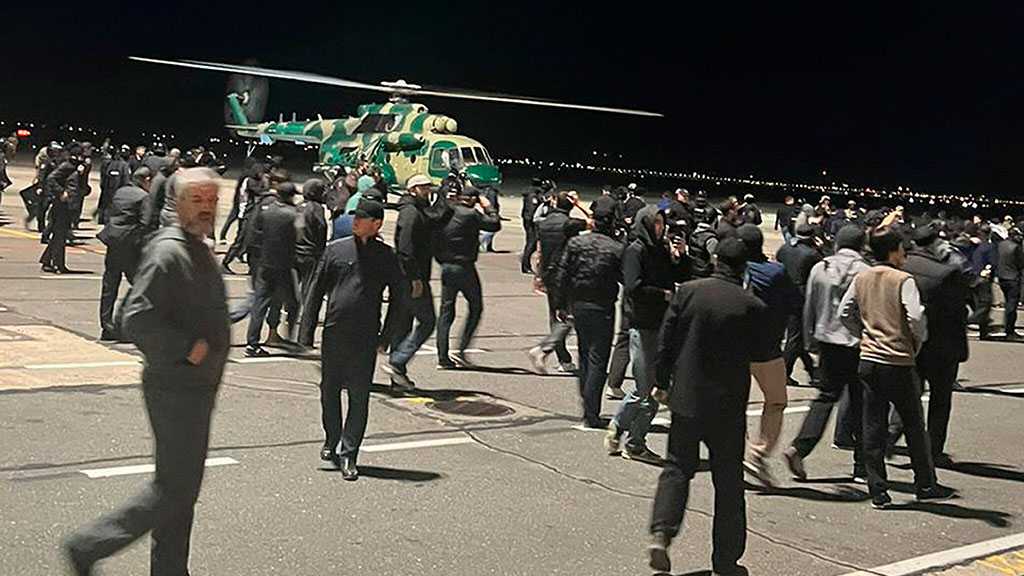
Lavrov: Iran Nuke Deal Collapse Would Send Wrong Message to N Korea
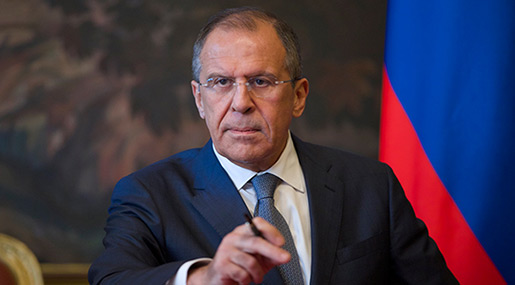
Local Editor
Should the Iranian nuclear deal collapse, it would send the wrong signal to those who wish to solve the North Korean crisis, Russian Foreign Minister Sergey Lavrov told the upper house of parliament, the Federation Council, on Friday.
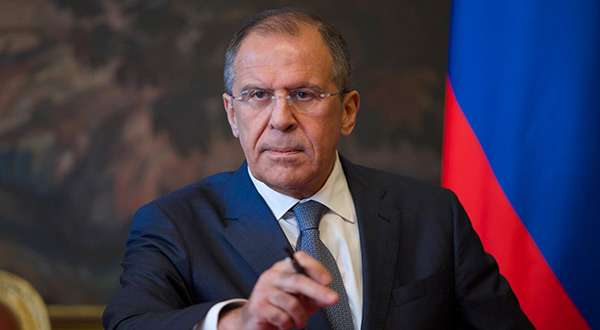
"Major international agreements, in particular on the Iranian nuclear program, are under threat of collapse, which would send a very wrong signal to those who hope to solve the problems on the Korean Peninsula," Russia's top diplomat said.
According to Lavrov, the root cause of the current tensions in the world is the "consistent egoistic and cynical policy of a number of countries led by the United States."
The Western countries, which believe in their superiority and impeccability and that their approaches must be perceived as the ultimate truth, "try to obstruct a natural process of building a new fairer and more democratic polycentric world order," Lavrov said.
"Those who disagree are subject to a wide-scale repression, including blackmail, the introduction of unilateral sanctions and direct meddling in their domestic affairs," he stressed.
The deal on Iran's nuclear program, known as the Joint Comprehensive Plan of Action [JCPOA], was reached between Iran and six international mediators [the United Kingdom, Germany, China, Russia, the United States, and France] on July 14, 2015. On January 16, 2016, the parties to the deal announced the beginning of its implementation. Under the agreement, Iran embarks on curbing its nuclear activities and places them under total control of the International Atomic Energy Agency [IAEA] in exchange for lifting the sanctions imposed previously by the United Nations Security Council, the European Union and the United States over its nuclear program.
In October, US President Donald Trump announced Washington's new strategy against Tehran. Thus, it says that the US will seek to offset Iran's destabilizing influence and will call on the international community to get consolidated to exert pressure on Iran's Revolutionary Guard [IRGC]. Apart from that, the American head of state refused to recertify the Iranian nuclear deal and pledged that Washington would seek to amend the JCPOA.
Source: News Agencies, Edited by website team
Comments
- Related News
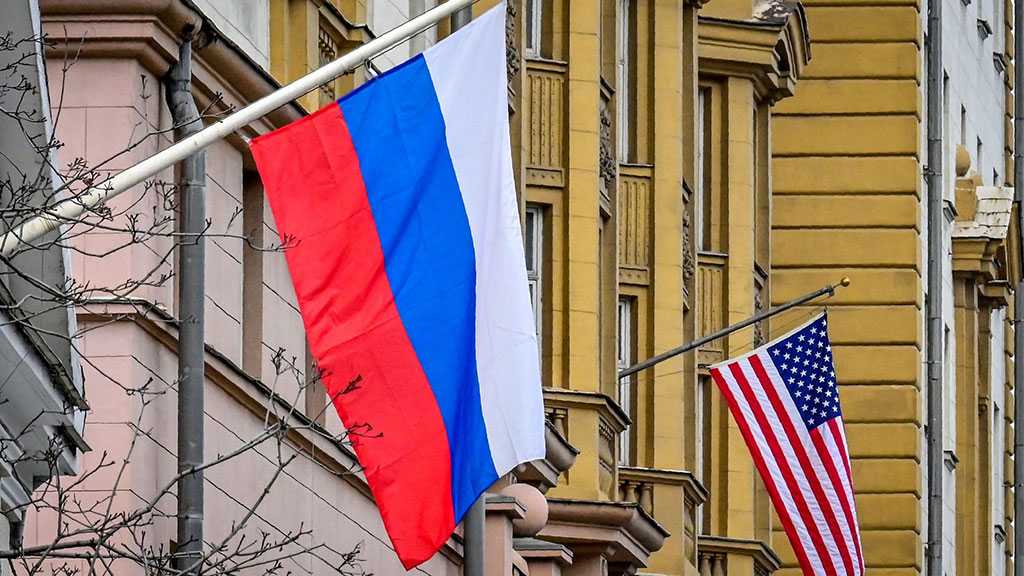
Moscow: Talks with US Unlikely
4 months ago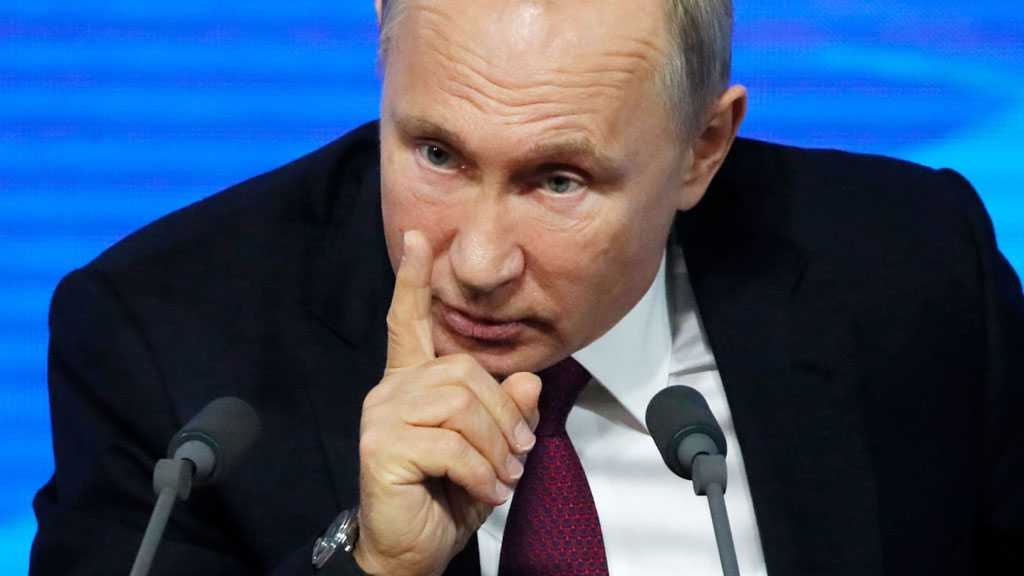
Russia Warns Its Nationals Against Traveling To US
5 months ago
